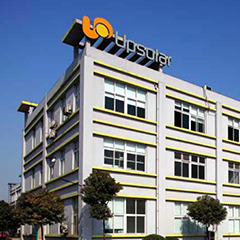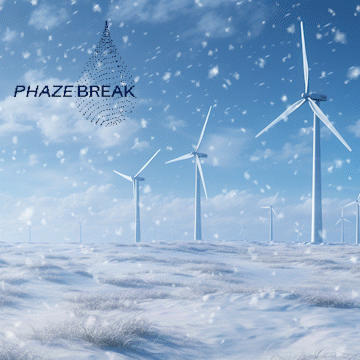In an exclusive dispatch for PES, Upsolar’s Enrico Carniato shares why ‘staying lean,’ ‘being green,’ and ‘venturing downstream’ represent the cornerstones of sustainable growth in the PV industry.
In the not-so-distant past, solar PV was a nascent market with few technology providers and customers who primarily turned to renewables for the environmental good. Today, PV represents a global industry predicted to top $134 billion in revenue by 2020. In 2012 alone, the global installed PV capacity rose by 41 percent.
All evidence points to solar as one of the most versatile and promising sources of clean power. Yet amid rapid growth and high public approval ratings, solar technology providers are experiencing a painful consolidation process, with analysts predicting that the number of solar supply chain companies will shrink 70 percent in 2013, from around 500 to 150.
Indeed, solar’s rapidly evolving regulatory and economic landscape makes it increasingly difficult for manufacturers to anticipate future demand for their products. Under these challenging conditions, how can companies in the industry contribute to the consistent growth that we all know is possible?
Today, simply offering a quality product and meeting market demand isn’t sufficient to stand up against the effects of retroactive tariffs or a weak economy. Drawing on lessons we have learned weathering the turmoil of the market, Upsolar has identified a few key cornerstones that underlie sustainable growth in today’s solar industry. Regardless of geographic location or placement along the solar supply chain, success in the solar industry will come down to a company’s ability to adapt to challenges by staying lean, being green, and venturing downstream.
Staying lean
In July 2012, Europe-based solar manufacturers filed a formal complaint with the European Commission against China-based competitors, alleging product dumping and illegal subsidies. Despite reports predicting that tariffs could cost the EU as many as 242,000 jobs, the European Commission set provisional tariffs of 11.8 percent initially, to be raised as high as 47.6 percent. A decision was then reached in the summer of 2013 to curb EU imports of solar panels from China in exchange for exempting shipments from tariffs.
This trade war has caused uncertainty and stifled innovation across the value chain. China-based companies have responded by limiting investments in their growth, from R&D to sales and marketing. Though many agree that unilateral penalties are counterproductive to the long-term growth of the solar industry, companies caught in the middle have had no choice but to find a way to continue to operate and bring modules to market.
Companies that maintain lean business operations can more easily absorb shocks to global demand caused by the ongoing trade war. At Upsolar, we have developed a lean, flexible business
model that has made us more resilient. Because we work with existing manufacturing partners, we avoid the risk of massively expanding our production capacity and then running idle or shuttering factory lines when demand is low.
By basing our production on demand, we can remain in good financial health, without the need for subsidies or offloading excess inventory. Furthermore, we can develop products that are forward-looking and incorporate some of the most innovative technology solutions on the market without making risky upfront investments in new technology.





























